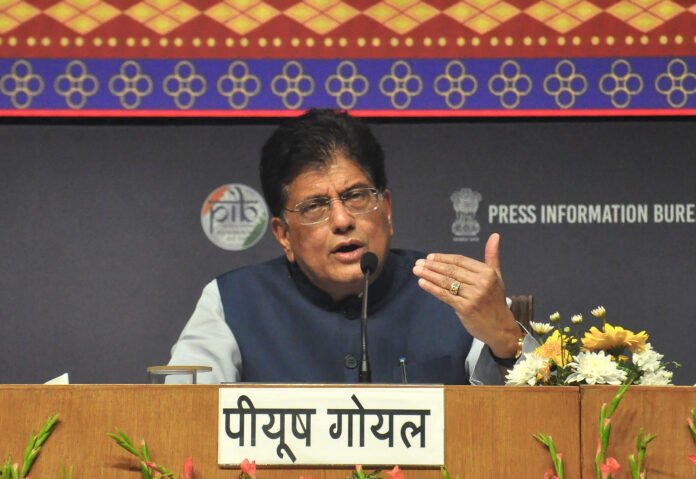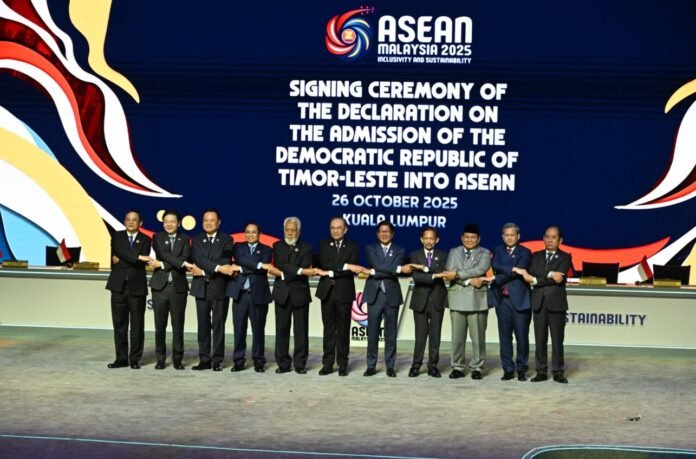New Delhi, Oct 26 – India keeps pulling in world‑class businesses, while Pakistan sees big names walk away.
India’s growing economy, a booming middle class and a pro‑business policy mix are drawing investment. In the last fiscal year alone, the country attracted US$81 billion in foreign direct investment.
Why Pakistan’s big firms are leaving
- Power and infrastructure: Frequent outages and unreliable logistics push costs up.
- Regulation: Slow approvals and unpredictable rules hurt long‑term planning.
- Currency pressure: A falling rupee, high inflation and limited foreign‑exchange access squeeze profits.
These problems hit sectors across the board: consumer goods, energy, pharmaceuticals, telecom and tech. In 2023–25, major multinationals have exited Pakistan or scaled back operations.
Recent departures
| Company | Sector | What happened |
|---|---|---|
| Procter & Gamble (P&G) | Consumer goods | Shut down manufacturing and commercial units. |
| Shell | Energy | Sold its stake to Saudi‑owned Wafi Energy. |
| Pfizer | Pharma | Closed Karachi factory; sold it to Lucky Core Industries. |
| TotalEnergies | Energy | Divested its share in Total PARCO Pakistan to Gunvor. |
| Telenor | Telecom | Agreed to sell its Pakistani unit to PTCL; approvals lag. |
| Microsoft | Tech | Closed its Pakistan office after 25 years. |
These exits illustrate that the obstacle isn’t a single industry—they’re systemic.
Voices from industry
Saad Amanullah Khan, former Gillette Pakistan CEO, said the sudden departures should alarm policymakers. “Reliable logistics and consistent approvals are basic expectations for any MNC,” he questioned.
In pharmaceuticals, the Drug Regulatory Authority of Pakistan (DRAP) faces criticism for slower price‑change approvals and unclear guidelines. Multinationals report delays, outdated promotion standards, and a lack of transparency.
The combined effect of high power costs, slow regulatory processes, and macroeconomic volatility erodes the attractiveness of Pakistan for foreign investors.
India’s “Make in India” advantage
India’s business‑friendly climate has attracted global giants:
- Airbus invests in manufacturing, engineering and training across the country.
- Microsoft commits US$3 billion to expand cloud and AI data centres.
- Apple ramps up iPhone assembly, with over US$22 billion of products built in 2025 alone.
- Amazon pours US$8.2 billion into cloud infrastructure in Maharashtra.
- NTT DATA launches its largest data‑centre campus nationwide.
- VinFast LLC builds a US$2 billion electric‑vehicle plant in Tamil Nadu.
The pharmaceutical industry feels the pull too. American drugmaker Eli Lilly has pledged more than US$1 billion for contract manufacturing and has opened a global capability centre in Hyderabad, spotlighting India as a hub for drug development and production.
These moves reaffirm confidence in India’s stable regulatory system, large skilled labour force, and expanding digital infrastructure.
Bottom line
Investors are watching where the government shines. Pakistan’s power, regulatory, and macro challenges keep firms on the lookout for more favourable environments like India’s. Until Pakistan addresses these systemic barriers, foreign companies will likely continue to shy away.
Source: ianslive
Stay informed on all the latest news, real-time breaking news updates, and follow all the important headlines in world News on Latest NewsX. Follow us on social media Facebook, Twitter(X), Gettr and subscribe our Youtube Channel.



